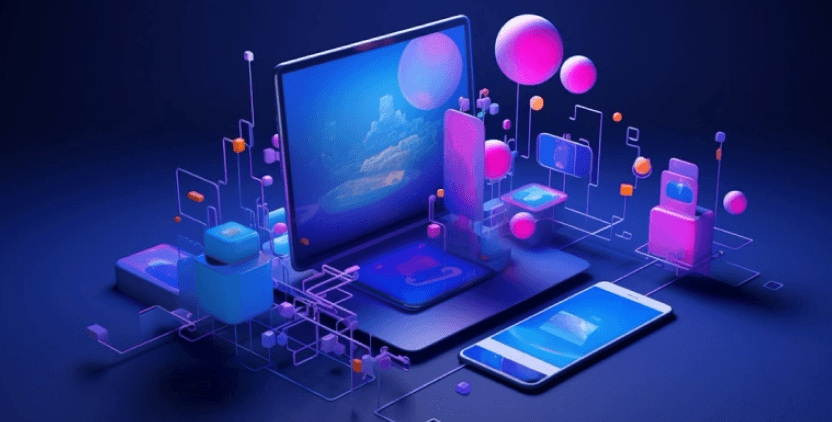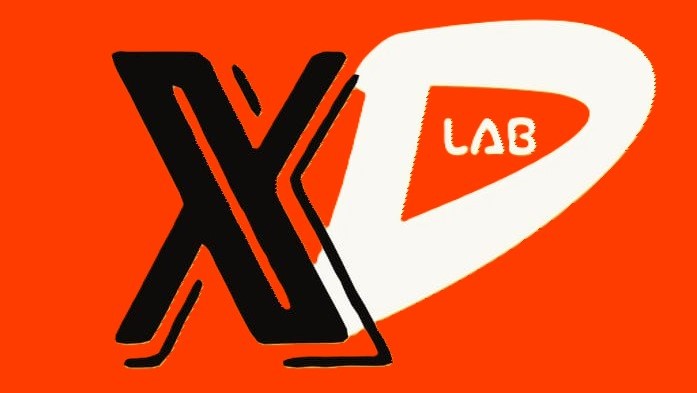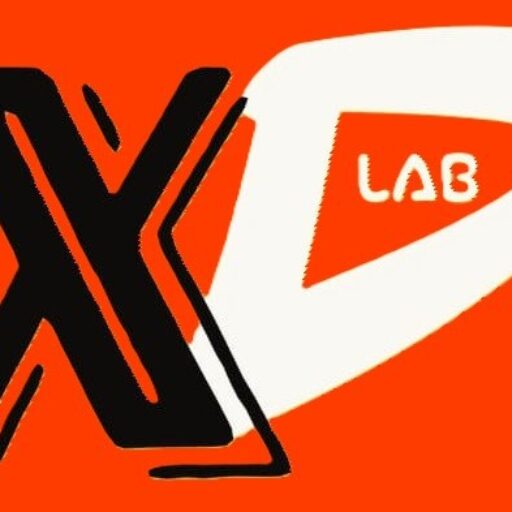// Software Development
Software Development
Software Product
Development
// Software Product Development
We Deal With The Aspects Of Professional Software Services
At XD DesignLab, we specialize in turning your vision into exceptional, market-leading software products. Leveraging cuting-edge technologies and deep industry expertiser we address your unique challenges ensuring a seamless and impactful journey towards digital excellence.
Our Expertise in Software Product Development Services
XD DesignLab has successfully delivered 4K+ web development projects ranging from web-based apps, e-commerce portals, CMS, B28 & B2C applications, Intranet and Extranet Portals, and more. With our bespoke web development approach, we ensure that every aspect of the web application, from the ser interface to the backend functionality, is optimized to steer your business forward. We take into account factors such as usability, accessibility, security, and compatibility to create a seamless digital experience for your users.
What We Deliver
We deliver cutting-edge enterprise software solutions, leveraging advanced technologies and agile methodologies and combining innovations for scalable, secure, and bespoke products tailored to your business needs.

- Customer Experience (CX)
- User Experience (UX)
- User Interface (UI)
- Brand Experience (BX)
- Product Experience (PX)
- Information Experience (IX)
- Learning Interface (LX)

- Microservices
- Serverless
- Micro Frontend
- Event Driven
- Lambda Architecture
- Service-Oriented Architecture (SOA)
- Big Data Architectures
- Client-Server Architecture
- Layered Architecture
- Peer-to-Peer (P2P) Architecture
- Distributed Systems
- Containerization

- Scalability
- Security
- Integration
- Automation
- Deployment
- Monitoring
- Private Cloud
- Public Cloud
- Hybrid Cloud
- Multi Cloud

- Test-Driven Development (TDD)
- Scrum
- Kanban
- Continuous Improvement
- Devops & DecSecOps
- Rapid Application Development (RAD)
- Extreme Programming (XP)
- ITIL (Information Technology Infrastructure Library)
- CMMI (Capability Maturity Model Integration)

- Network Layer Security
- Cloud Security
- Application Layer Security
- Security Information & Event Management (SIEM)
- Security Policies and Compliance
- Security Assessments & Audits
- Physical Security
Frequently Asked Questions (FAQ’s)
Here are some frequently asked questions about our software product development services, answered to help you understand our process and capabilities better.
Still have Questions?
Software development is the process of creating software applications. This includes everything from planning and designing the application to writing the code, testing it, and deploying it. Software developers use a variety of programming languages and tools to build software that meets the needs of users.
The time it takes to develop software can vary greatly depending on the size and complexity of the application. A simple mobile app might only take a few weeks to develop, while a large enterprise application could take years. Some factors that can affect development time include:
- The size and complexity of the application
- The number of features
- The number of developers working on the project
- The development methodology used
The cost of developing software can also vary depending on a number of factors, including the same ones that affect development time. In addition, the cost of software development can be affected by the location of the development team and the experience level of the developers.
There are many different types of software development, each with its own focus and methodology. Some common types of software development include:
Web development: This is the development of software applications that run on the web.
Mobile development: This is the development of software applications for mobile devices such as smartphones and tablets.
Desktop development: This is the development of software applications that run on desktop computers.
Embedded systems development: This is the development of software for devices that are not traditional computers, such as cars, appliances, and medical devices.

